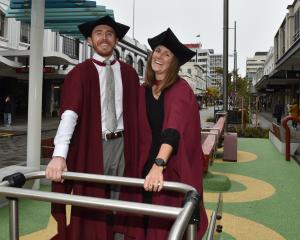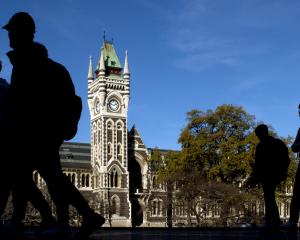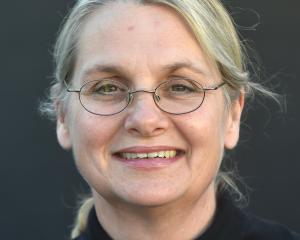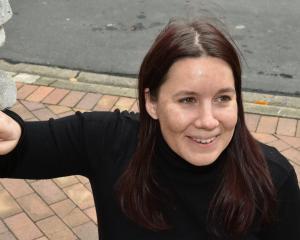
For the past 24 years, he has contributed to medicine and vaccine safety research and policy, nationally and internationally.
The South African-born researcher’s career began as a public health physician, before becoming the director of health services in Cape Town.
In 2000, he moved to New Zealand, where he joined the University of Otago as a medical assessor for the Centre for Adverse Reactions Monitoring (CARM).
Three years later, he became the director of the newly formed New Zealand Pharmacovigilance Centre (NZPhvC), which housed CARM and the long-standing Intensive Medicines Monitoring Programme.
As director, he helped establish the Intensive Vaccines Monitoring Programme (IVMP) in 2003, which monitored the real-time safety of New Zealand’s unique meningococcal B vaccine.
As a result of the IVMP, general practitioners and primary health organisations moved from paper practice management to an electronic system, allowing GPs and clinicians to turn relevant patient consultation encounters into reports with the click of a button that were then sent directly to the CARM database.
"The system we built harvested the data we wanted directly from the electronic system, reducing the need for additional reporting or questionnaires, and allowing us to do near real-time monitoring, automated analysis and report generation of adverse events related to the vaccine rollout."
The agility and adaptability of the software attracted international interest, particularly from the China Family Planning Service Contraceptive Adverse Reaction Monitoring Programme, which led to an academic exchange and collaboration that lasted several years.
Prof Tatley expanded the scope of NZPhvC, using the monitoring infrastructure and surveillance to launch a medication error reporting programme, a recreational substance adverse event monitoring programme, and a vaping adverse event monitoring programme.
NZPhvC was also involved in Covid-19 vaccine monitoring; collecting and assessing a subset of adverse immunisation events reported to CARM.
"Our monitoring contributed to identifying severe cases of myocarditis as a possible rare side effect of the Covid vaccine."
The monitoring and surveillance activities of the programmes provided a key source of data used to inform not only regulatory actions and advisories, but also research and teaching.
During his career, Prof Tatley was also a member of several national scientific advisory committees, medicine safety and policy committees and the Pharmac immunisation subcommittee.
Internationally, he has been actively engaged in facilitating support systems to transfer and share pharmacovigilance knowledge, skills development, and practice optimisation for countries in the Indo-Pacific region.
He also served the World Health Organisation as a consultant and pharmacovigilance expert technical adviser for the Geneva headquarters and the Western Pacific regional office in Manila.
While he was now officially retired from the university, he said it did not mean his work was complete.
"I am really interested in helping strengthen emerging health systems in smaller and lower-income countries, particularly around drug and vaccine safety monitoring."
His life had been "pretty full-on", but he hoped to find time outside of his scientific endeavours to relax, spend time with family and do some travelling.












